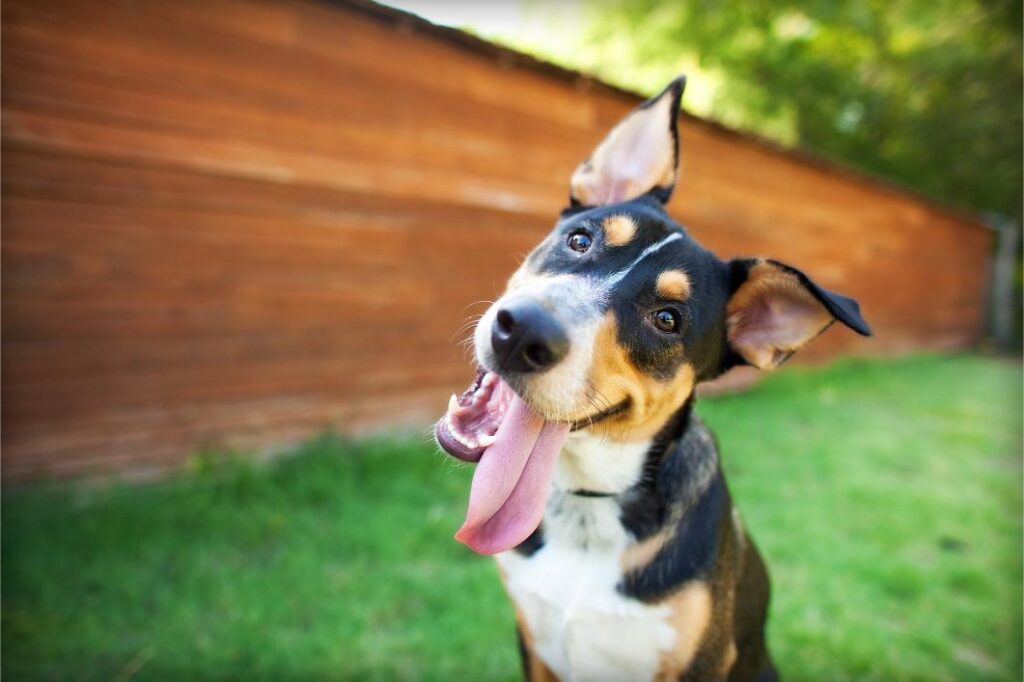
Summer Pet Hazards

If you had to rank the seasons in order of their potential risk to pets, summer would have to come first. Not only do pets have to contend with serious spikes in temperature and humidity, but there’s always something on the social calendar that can threaten a pet’s safety, comfort and well-being. While there’s a lot of fun to be had between Memorial Day and Labor Day, a great deal of consideration for pet safety must take precedence.
The Reality Of Heat
High humidity makes everything feel much hotter. Pets feel temperature extremes but they lack the ability to fully respond. They sweat through their paw pads and pant to cool themselves down, but this doesn’t stand up to a high heat index.
Measuring Water Intake
Dehydration can lead to heat stroke, and is also a common side effect of heat stroke. If a pet loses more water and electrolytes (such as potassium, chloride, and sodium) than they take in, a delicate balance is quickly affected. Dehydration reduces oxygen flow to the vital organs and tissue, causing symptoms like drooling, breathing difficulties, and vomiting. Dehydration can lead to kidney failure and death in some cases.
When It’s Too Hot for Them
Sunburn is a very real threat to summer pet safety. Over exposure to harmful UV rays can damage the skin on the nose and face, while hot pavement can scorch delicate paw pads. Invest in pet sunscreen and only exercise outdoors when you can safely walk on surfaces barefoot. If it’s too hot for you, it’s too hot for them.
Other Summer Pet Hazards
In addition, the summer presents the following hazards to pet health and safety:
- Fireworks and thunderstorms can lead to a fight or flight instinct in pets. Be sure that a pet is safe and secure during storms and firework displays.
- Parasites, like fleas, ticks, and mosquitoes carry and spread diseases like Lyme disease, heartworm, and cat scratch disease. We recommend staying up to date on a pet’s year round parasite prevention medication, and consider the Lyme disease vaccine, if your pet’s lifestyle involves outdoor recreation.
- Bees and wasps attract the attention of many pets, leading to stings and even allergic reactions.
- Water safety is crucial to preventing a serious pet emergency.
- Venomous snakes (pit vipers) and spiders (widows and recluses) are found throughout Virginia, and may sneak up on a pet when they least expect it.
- Toxic lawn and garden supplies such as fertilizers, pesticides, and rodenticides should be stored securely and only used in areas a pet cannot access.
- Toxic plants are everywhere during the summer. Always keep a guide on hand to navigate what’s growing in your yard and around the neighborhood.
- Barbecues, block parties, and crowded events can be fun for some pets, but makes others feel nervous. Use caution at these events.
Avoiding a Pet Emergency
This summer, we hope you and your pet can avoid dangerous situations. If you have any questions or concerns about summer pet hazards please call Arlington Animal Hospital at (703) 920-5300.
Contact Us!
2301 Columbia Pike #G-1, Arlington, VA 22204
Phone: (703) 920-5300
Fax: (703) 685-8860
Email: info@myarlingtonvet.com
Office Hours
-
Monday
8 a.m. – 8 p.m.
-
Tuesday
8 a.m. – 8 p.m.
-
Wednesday
8 a.m. – 6 p.m.
-
Thursday
8 a.m. – 6 p.m.
-
Friday
8 a.m. – 6 p.m.
-
Saturday
8 a.m. – 2 p.m.
-
Sunday
CLOSED
- Doctors’ hours are by appointment only.



